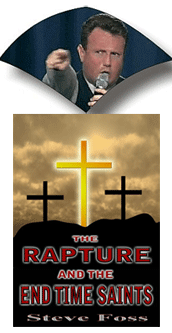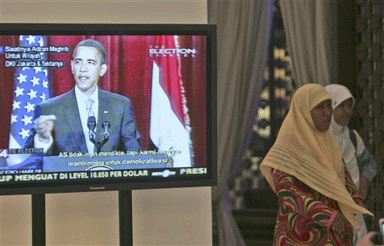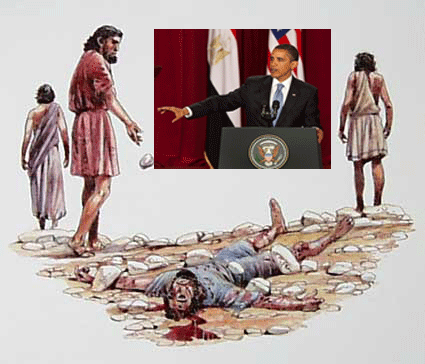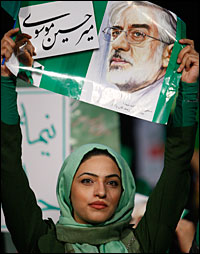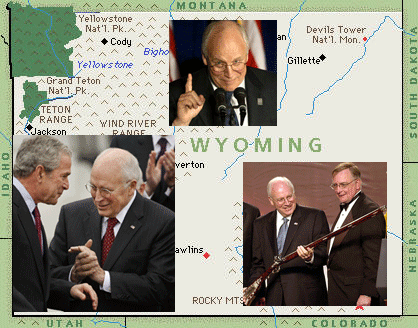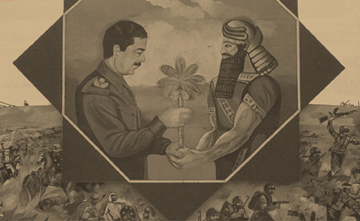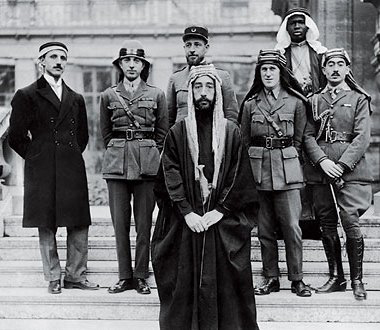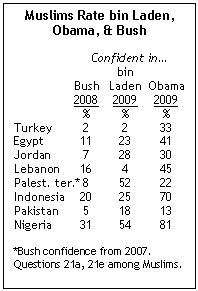
[Webshaykh’s note: On July 23 the Pew Global Attitudes Project issued a report on its survey conducted May 18 to June 16 in 24 countries, including the Palestinian territories. The full report is available as a pdf download and there is a slide presentation available as well. Here is part of the online summary of the report.]
The image of the United States has improved markedly in most parts of the world, reflecting global confidence in Barack Obama. In many countries opinions of the United States are now about as positive as they were at the beginning of the decade before George W. Bush took office. Improvements in the U.S. image have been most pronounced in Western Europe, where favorable ratings for both the nation and the American people have soared. But opinions of America have also become more positive in key countries in Latin America, Africa and Asia, as well. Continue reading Pew Survey on Muslim Views of Obama
